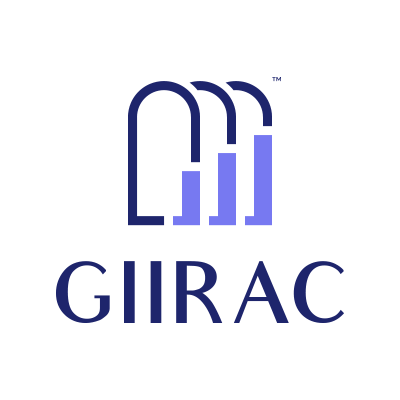The economy of Iraq
Iraq’s economy is highly dependent on oil, and in other words, it is based on oil economy. About 95% of Iraq’s total income comes from the sale of oil in this country. Iraq’s numerous wars and long-term international sanctions have caused the Iraqi economy to lag behind.
Iraq is predicted to have economic growth of 9.5% in 2022, placing it second behind Ghana, which is predicted to have economic growth of 47.2%.
The gradual process of recovery and overcoming the twin shocks of Covid-19 and declining oil prices has started for the Iraqi economy, and the expansion of the nation’s oil and non-oil economies is proceeding as planned.
Iraq’s GDP growth in 2022 will be the highest among Arab nations, at 9%, according to reports from the World Bank. Iraq’s adherence to production reduction commitments within the framework of OPEC+ is the reason for the country’s 4% (annual) increase in gross domestic oil production.
